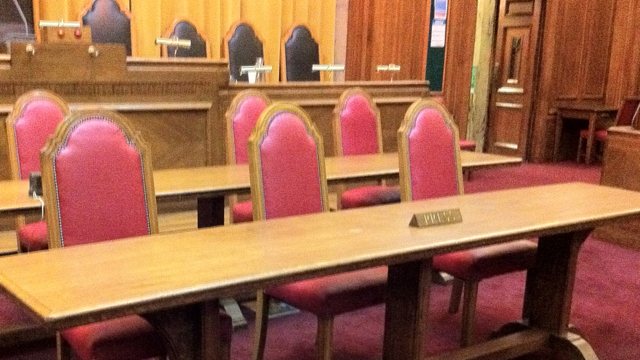I worry that local government and transparency interest me so much. There are better things for a man of my age to be interested in, surely. But this example of how not to do it from Wales and now on YouTube intrigued me. (Which I found via Richard Wilson’s blog)
To give a short version:
- Member of the public starts filming council meeting
- Chairman asks her to stop, she refuses
- Chairman adjourns meeting and calls the police, she is arrested.
There is clearly history between the council and the campaigner, and I don’t think I’m being unfair in saying that she probably could have handled it better (ultimately, you have to respect the chairman’s decision: it’s the way meetings work). But it’s so contrary to common sense to stop someone unobtrusively, but not secretly, recording a public meeting of democratically elected members.
It’s particularly odd coming only a few months after well-publicised calls from the Secretary of State for councils to allow such recordings to be made and to give bloggers the same level of access as traditional journalists.
As far as I’m aware no-one has bothered recording a Wandsworth council meeting, but I hope we handle it a lot better if they do.
Correction (of sorts): Dafydd Vaughan has pointed out that Eric Pickles has no jurisdiction in Wales, as it’s a devolved matter. It’s perhaps a reflection of a London-centric view that I hadn’t thought about that when originally writing. However, it’s also true that Pickles doesn’t have jurisdiction over English councils on this matter; and I think the moral pressure his statements represented are as applicable in Wales as they are in England.
